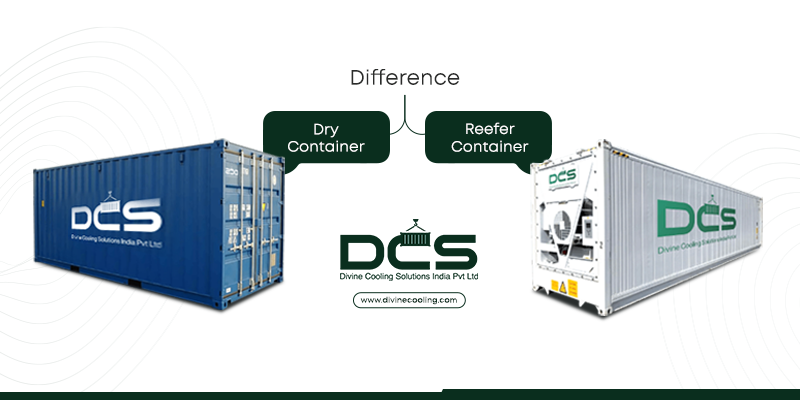A Brief Guide To Understanding the Difference Between Reefer and Dry Containers

Reefer Containers
Dry Containers
Dry Containers vs. Reefer Containers
Durability
Cost
Application and Purpose
Food and beverages Pharmaceutical Chemical Dairy & Ice Cream Disaster relief Military and government application
File Storage Tools & Equipment Papers and books Furniture Coal and stone Vehicle parts Building materials Sugars, grains, and salts Clothing Tools and equipment
Technology
